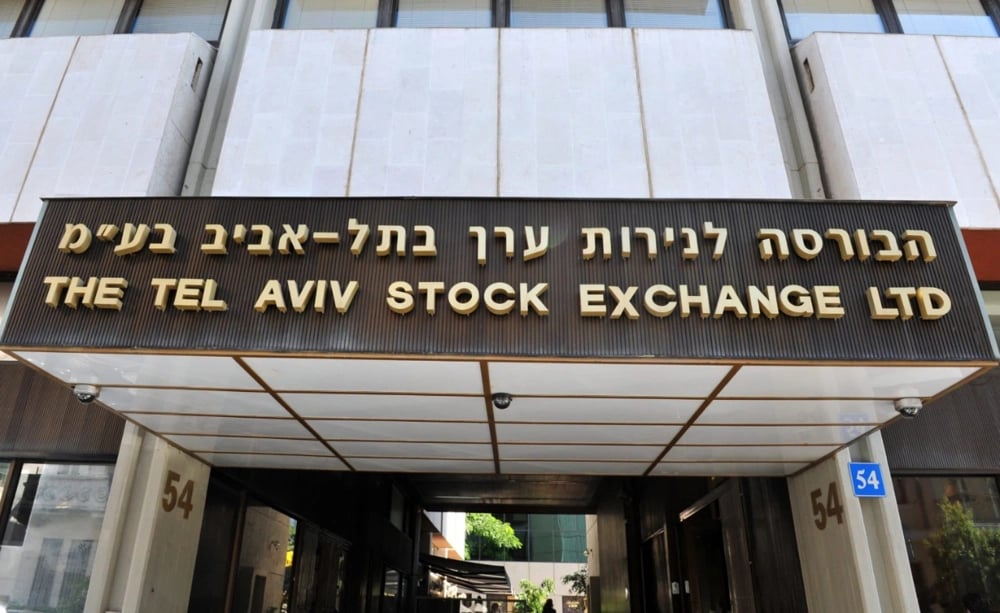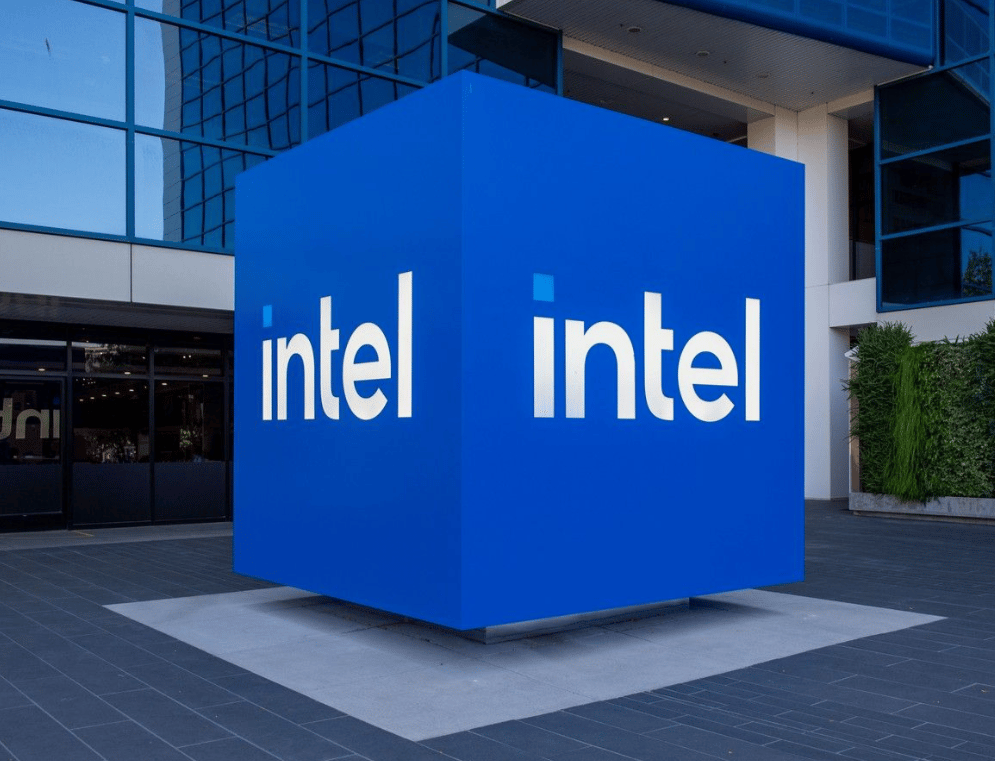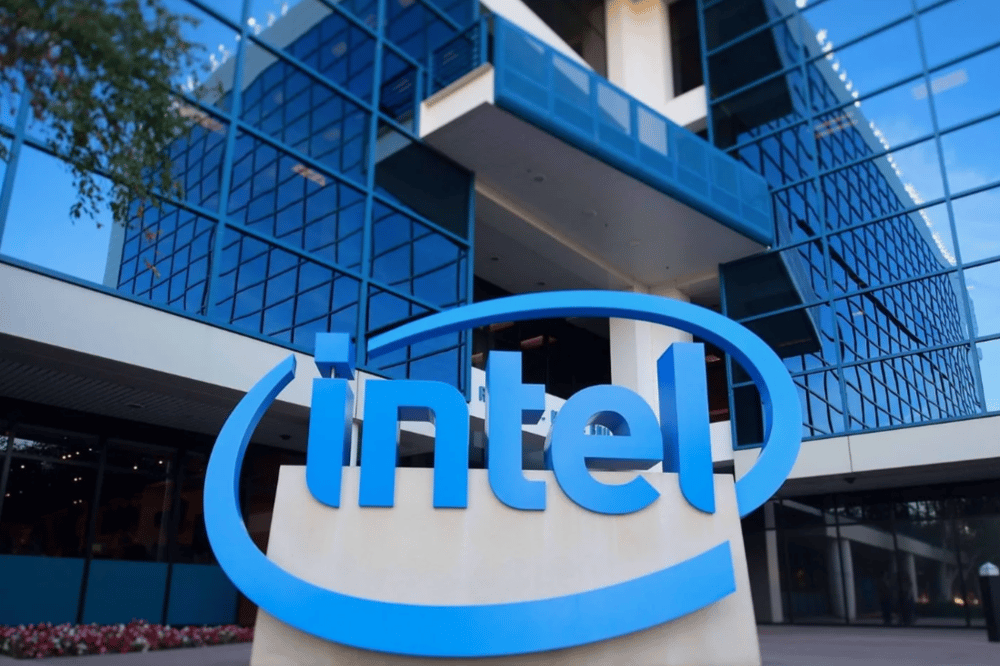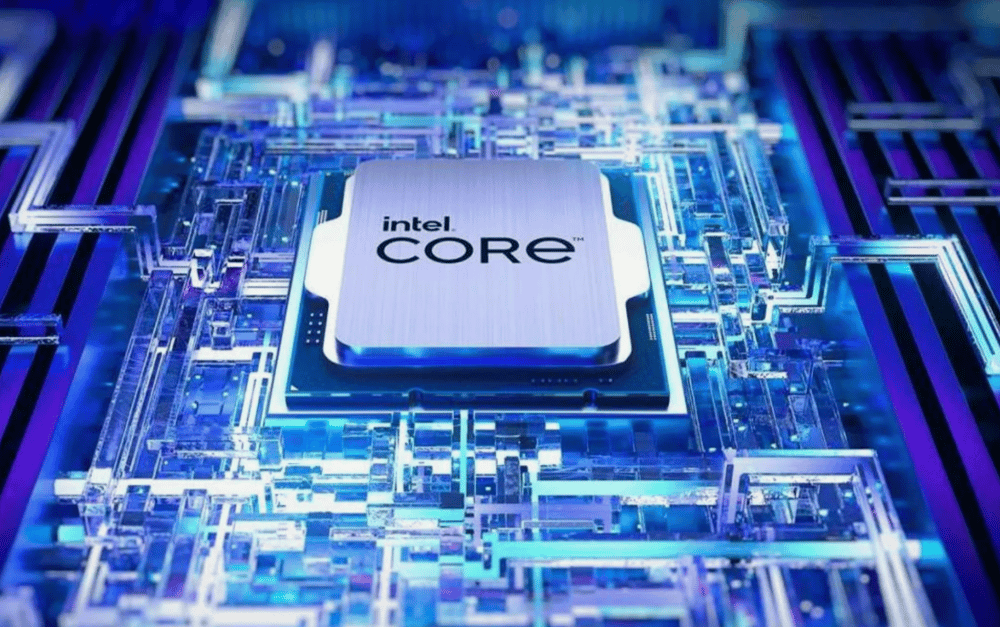On Tuesday, Intel's $INTC shareholders approved a set of significant measures aimed at replenishing the company’s stock reserves. This move is designed to not only attract and retain top talent but also to reward the newly appointed CEO, Lip-Bu Tan, as part of his compensation package. Despite the approval of these strategic decisions, Intel’s stock price saw a 1.6% drop at the start of trading, following a challenging year in which the company’s stock value decreased by 36%.
Intel’s Strategy for Growth: Stock Reserves and CEO Compensation
Intel's decision to create new stock reserves is part of an ongoing effort to bolster its workforce and leadership during a period of transformation. With a new CEO at the helm and a competitive chip market, Intel's focus on employee retention and leadership incentives has become a crucial component of its strategy.
Key Aspects of the Approvals:
Stock Reserves for Talent Acquisition: The approval for replenishing stock reserves signals Intel’s commitment to attracting high-level talent, particularly in an increasingly competitive tech industry. By offering equity-based compensation, the company aims to ensure that its workforce is motivated to align with the long-term goals of the company.
Leadership Changes: The approval also extends to the new CEO, Lip-Bu Tan, who took over in March after the board of directors removed former CEO Pat Gelsinger in December. Tan will receive a substantial compensation package, including $42 million worth of stock, which will be tied to the performance of Intel’s stock. This move aligns the interests of the CEO with the company’s future success, aiming to drive growth and improve shareholder value.
Board Composition: The shareholders approved the composition of the company’s board, with the exception of three members who chose not to seek re-election. These changes in the board of directors could bring fresh perspectives to Intel as it navigates its next phase of growth.
Challenges Faced by Intel: Stock Decline and Market Pressure
Intel’s stock price has faced significant pressure over the past year. The company experienced a 36% decline in its stock value in 2024, which has raised concerns among investors. Despite the decline, the decision to replenish stock reserves and align CEO compensation with company performance signals a belief in the company’s ability to recover and grow.
Factors Impacting Intel’s Performance:
Declining Stock Price: Intel’s stock price has been underperforming compared to many of its competitors. The 36% drop in its stock value last year reflects the company’s struggles to maintain its market position in a competitive chip industry.
Leadership Transition: The decision to replace Pat Gelsinger with Lip-Bu Tan as CEO comes during a period of transition for Intel. Leadership changes often bring uncertainty, and the market reaction to these changes can be mixed. However, the $42 million stock compensation package for Tan is an indication of the company’s high expectations for his leadership.
Increased Competition: The semiconductor industry has become more competitive, with companies like AMD and Nvidia making significant strides in the market. Intel faces pressure to innovate and maintain its position as a leader in the chip manufacturing space.
The Road Ahead: Opportunities and Strategies for Intel
Despite the challenges, Intel’s decision to offer stock-based compensation is a strategic move designed to incentivize both current and future employees, while also aligning the interests of the leadership team with the long-term performance of the company.
Key Strategies Going Forward:
Innovation in Chip Technology: Intel will need to continue investing in research and development to innovate in areas like artificial intelligence, autonomous driving, and next-generation computing. Staying ahead of competitors in terms of technology will be crucial for its recovery.
Strategic Partnerships and Acquisitions: To strengthen its position, Intel may seek strategic partnerships or acquisitions to enhance its product offerings and expand into new markets.
Operational Efficiency: With a new CEO in place, Intel is likely to focus on improving operational efficiency and cutting costs where possible, ensuring that the company remains competitive in a challenging market.
Conclusion: A Critical Moment for Intel’s Future Growth
The approval of stock reserve measures and the $42 million stock compensation package for CEO Lip-Bu Tan marks a crucial turning point for Intel. While the company faces significant challenges, including a sharp stock price decline and increasing competition, its commitment to attracting top talent and aligning leadership compensation with performance reflects a focus on long-term growth.
Intel’s ability to navigate these challenges will depend on its capacity to innovate, execute on strategic initiatives, and restore investor confidence. The coming months will be pivotal as the company adjusts to new leadership and works to regain its position in the competitive semiconductor market.








Such moves are setting new standards for how automation will evolve